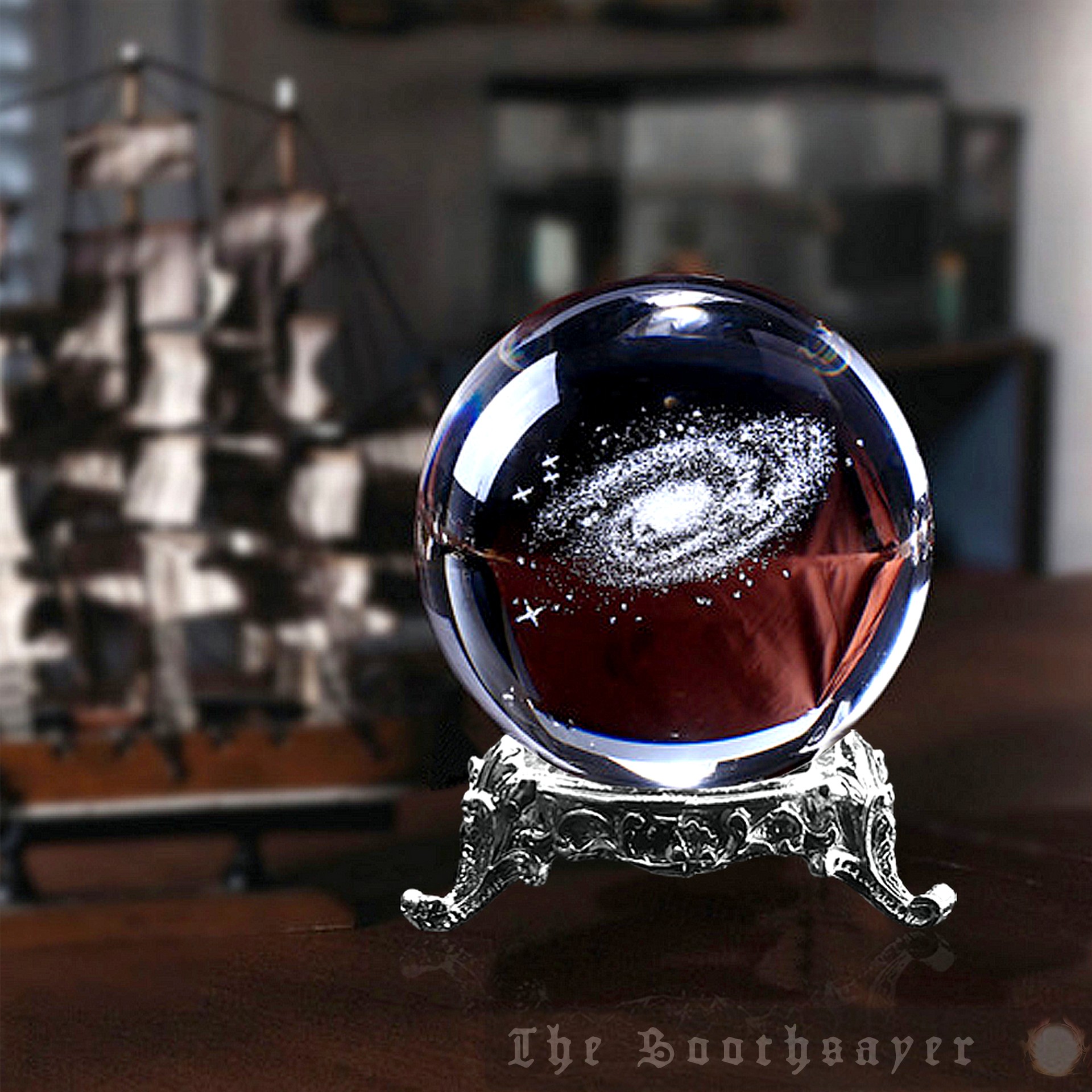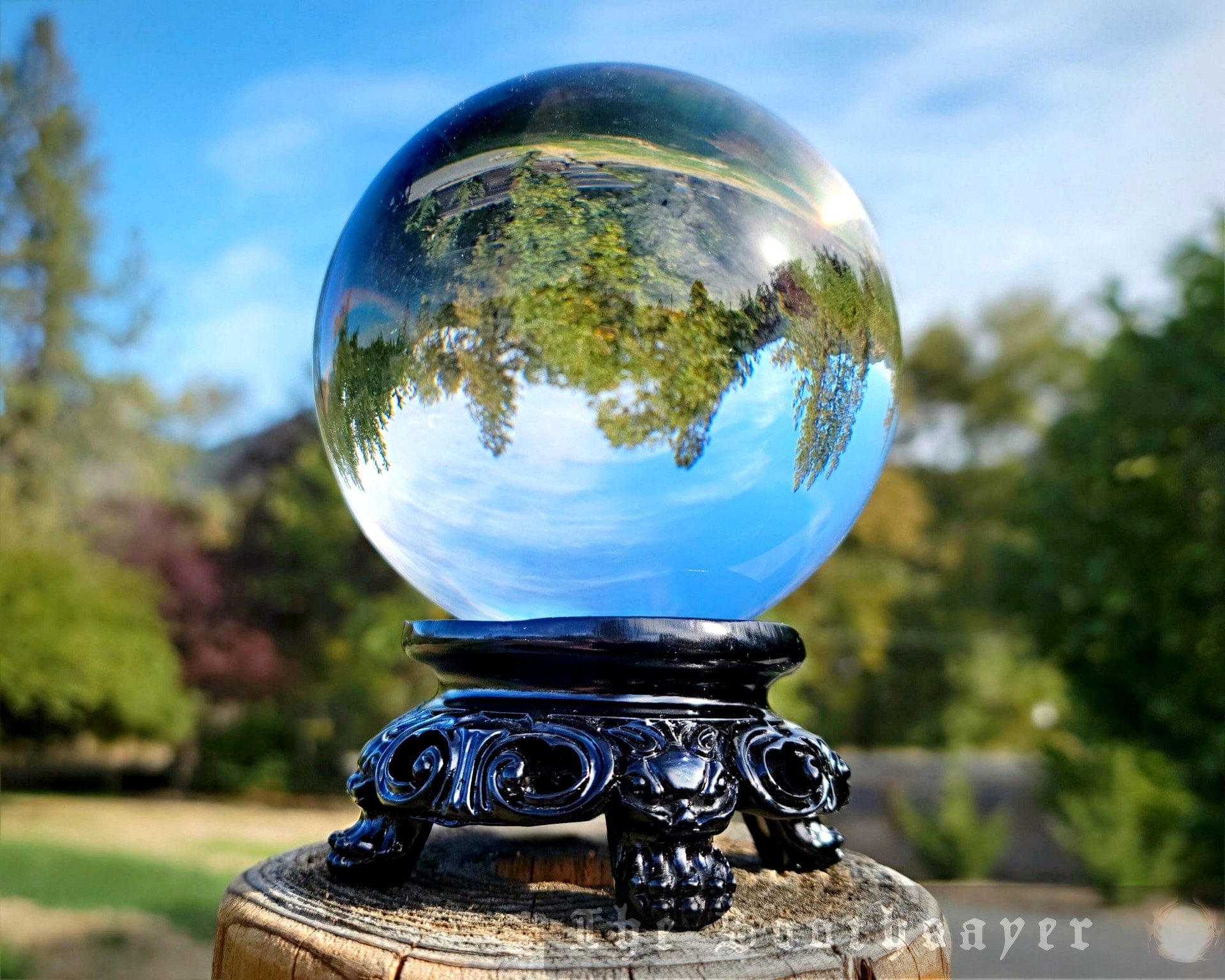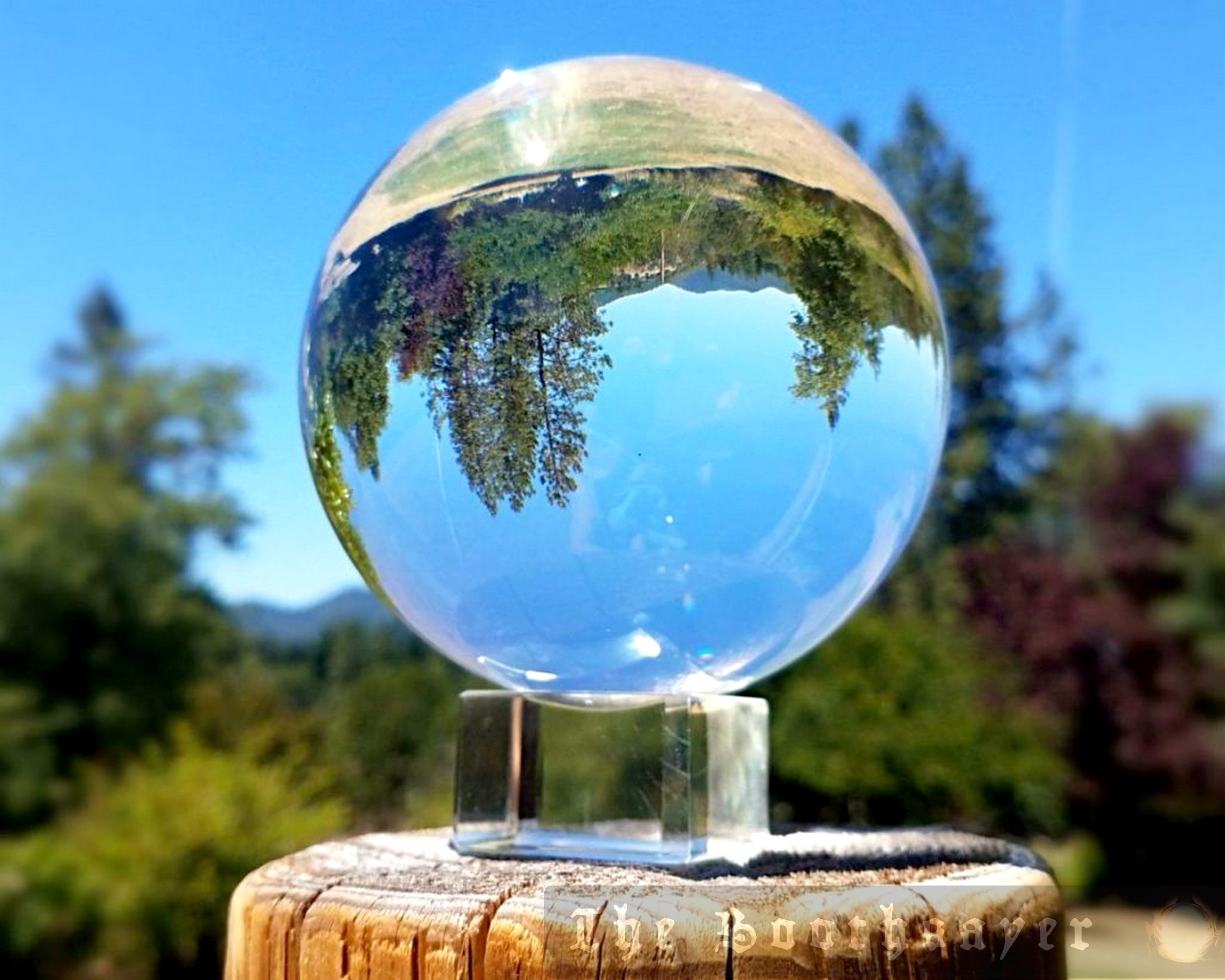Nvidia CEO Jensen Huang has made a bold claim that his company’s AI chips are advancing faster than historical rates set by Moore’s Law. According to Huang, Nvidia’s latest data center superchip, the GB200 NVL72, is 30 to 40x faster at running AI inference workloads than Nvidia’s previous best-selling chips, the H100. This performance jump…
research on The Soothsayer / page 12
A team of astronomers has discovered that Sun-like stars produce “superflares” around once every 100 years, which is a significant increase from previous estimates of every 3000 to 6000 years. This finding could have important implications for forecasting space weather and understanding the potential impact on Earth’s upper atmosphere, electrical grids, and radio communications. The…
Researchers have launched a database of over 14,000 studies that were withdrawn from the preprint server arXiv since its launch in 1991. The database, called WithdrarXiv, aims to shed light on why these preprints were pulled and to spur the creation of automated tools that flag potential errors to researchers. The study found that the…
A recent study published in Nature Medicine has revealed that artificial intelligence (AI) can significantly improve breast cancer detection rates. The research, conducted in Germany, found that AI-assisted mammography screening identified one more cancer case per 1,000 screened individuals compared to traditional methods. This breakthrough has the potential to streamline the screening process and reduce…
Physicists in the US have made a significant breakthrough in the development of nuclear clocks, a technology that could revolutionize timekeeping and open up new possibilities for scientific research. By using physical vapour deposition (PVD) to create layers of thorium fluoride, researchers have been able to reduce the amount of expensive and radioactive thorium-229 needed…
Scientists have made a groundbreaking discovery in understanding how the brain avoids ‘catastrophic forgetting’ – the distortion and overwriting of previously established memories when new ones are created. Research has shown that the brain processes new and old memories in separate phases of sleep, which might prevent mixing between the two. This finding, published in…
A recent study published in Science suggests that the demise of most of Australia’s kangaroo species 40,000 years ago may have been caused by human hunters rather than climate change. The researchers analyzed the teeth of 937 kangaroos and found that they were generalists, consuming a variety of foods, which contradicts previous assumptions that they…
Researchers at the University of Strathclyde have made a groundbreaking discovery in recycling colloidal quantum dots used in supraparticle lasers. The team developed a simple and practical technique to recover 85% of the quantum dots, which can be reused to build new lasers with a photoluminescence quantum yield comparable to those made from new particles….
Mathematicians have made a groundbreaking discovery in number theory, unlocking the secrets of irrational numbers. A team of researchers has developed a new method for proving the irrationality of numbers, which has been a long-standing challenge in mathematics. The breakthrough, led by Frank Calegari, Vesselin Dimitrov, and Yunqing Tang, has already led to the proof…
A recent analysis of publishing records has revealed a surge in the number of “precocious” scientists who become top-cited authors early in their careers. These scientists publish an average of over one paper per week and often cite their own work at a rate significantly higher than the average. While some may attribute this to…










